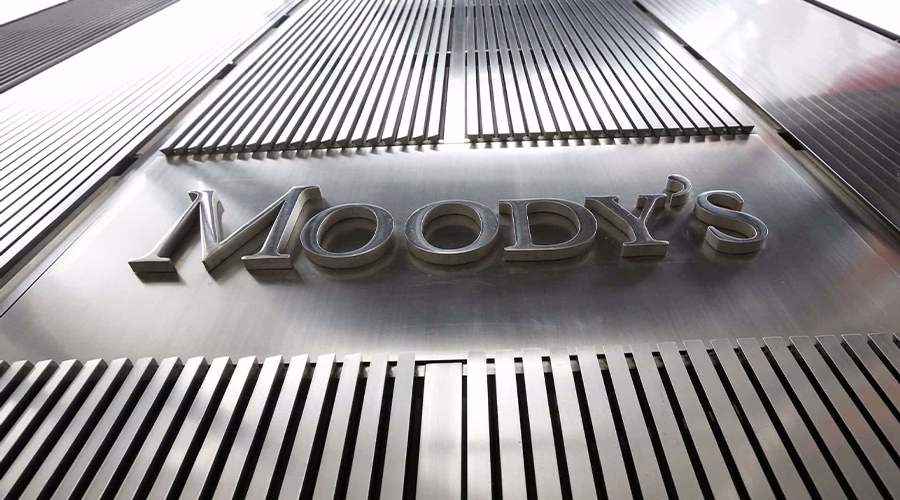Moody’s Investors Service that periodically releases reviews of countries around the globe highlighting their credit ratings and other financial research in light of recent developments, in its latest review of Pakistan has stated that the credit profile of Pakistan i.e. “B3” reflects the country’s “baa2” economic strength.
According to Moody’s published periodic review of a group of countries, including Pakistan on 18 December 2020, the credit profile of Pakistan (issuer rating B3) reflects the country’s “baa2” economic strength which is underpinned by the robust long-term GDP growth potential and large scale of the economy.
Read more: Moody’s confirms ratings of five Pakistani banks as stable
According to the report, Moody’s declared that b2 institutions of Pakistan and governance strength that balances still weak executive institutions and fiscal policy credibility against a lengthening track record of effective checks and balances and judicial independence, as well as increasing monetary and macro-prudential policy effectiveness.
The report further says that the government’s “ca” fiscal strength is driven by its high government debt burden and narrow revenue base, which hinders debt affordability and reduces fiscal flexibility given ongoing infrastructure and social spending needs.
Moreover, Moody’s Investors Service (“Moody’s”) has upgraded the long-term foreign currency deposit ratings of 29 banks and the long-term foreign currency issuer rating of one bank across five countries in which Pakistan is also included along with Bahrain, Oman, Jordan, and Turkey.
The rating actions on 30 banks in the Middle East, Pakistan and Turkey are driven by changes in country ceilings under Moody’s updated country ceilings methodology.
The rating actions cover Pakistan’s Allied Bank Limited, Habib Bank Ltd, MCB Bank Limited, National Bank of Pakistan, and United Bank Ltd.





















